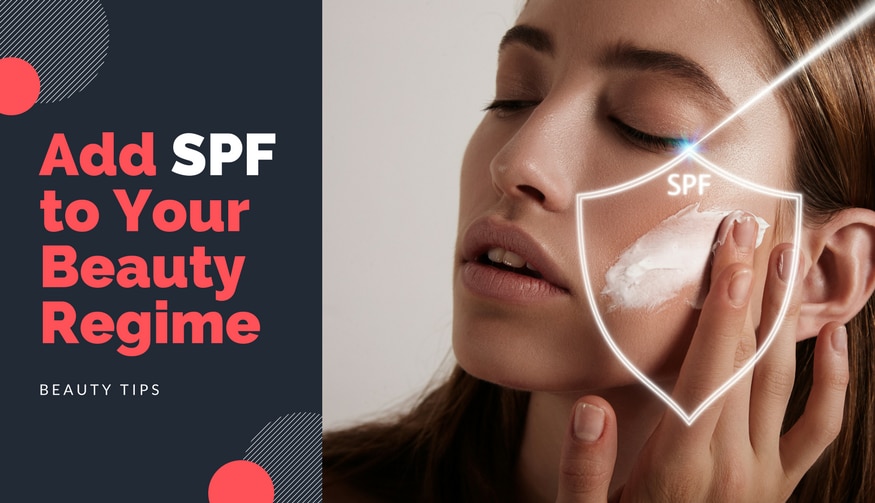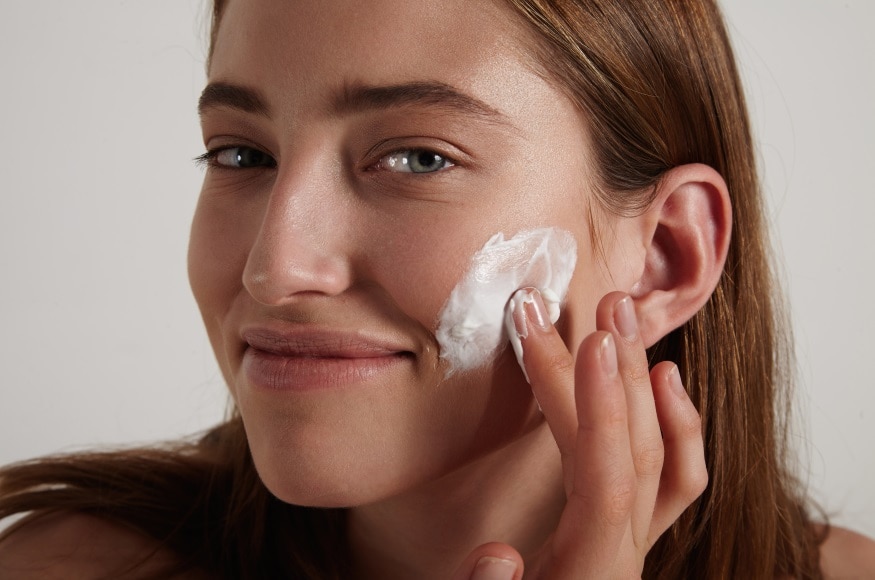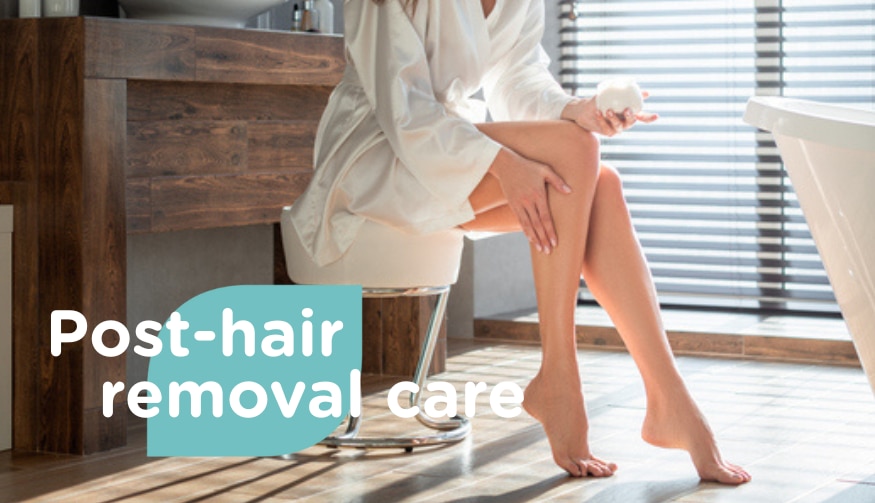
Think of SPF (sun protection factor) and you’ll probably have memories of covering yourself from head to toe in white sticky cream before heading to the beach, hoping it sinks in in time to help protect your skin. But SPF is much more than a seaside essential. In fact, if you’re not wearing it every day, you might just be missing a lil beauty trick. And we wouldn’t want that now, would we?
We all know wearing sun lotion can prevent the burnt-lobster look, but did you know SPF slows the onset of ageing, too?
Your skin relies on collagen, elastin and other fibres to support its structure and create a youthful complexion, but UV rays from the sun (yes, even on cloudy days) damages and breaks them down, causing the skin to wrinkle prematurely. It’s estimated that 80% of skin ageing is caused by sun exposure. Somebody pass the SPF day cream stat.

Familiar with the term sun spots? While you may not have heard of them, you’d recognise them on your great aunt – you know, those little brown pigmentation patches…
When your skin produces an excess of melanin (the pigment that makes you look ‘tanned’), it leads to the development of brown, grey or black spots in overexposed areas. Even gentle sun rays (we’re talking UK weather, guys) over time can contribute, and your face, chest and hands are most prone to sun spots – so invest in an SPF-rich hand and body lotion, too.

Did you know the skin around your eyes and lips is much thinner than the rest of your face? Which means they’re a LOT more susceptible to damage and why you often see wrinkles and bags develop around people’s peepers first. And we say that is NOT OK.
Switch out your usual lip balm and eye cream for ones that protect against UV rays and – voila – your best selfie pout will stay intact.

Yes, your hair could do with some protection, too. UVA and UVB rays mess with the colour of your hair and ruin its condition, too. As the heat damages the cuticle, your hair becomes increasingly dry, brittle and broken.

Most importantly, wearing SPF every day can reduce your chances of developing skin cancer. And with 80% of sun rays passing through clouds, it’s an everyday essential.







